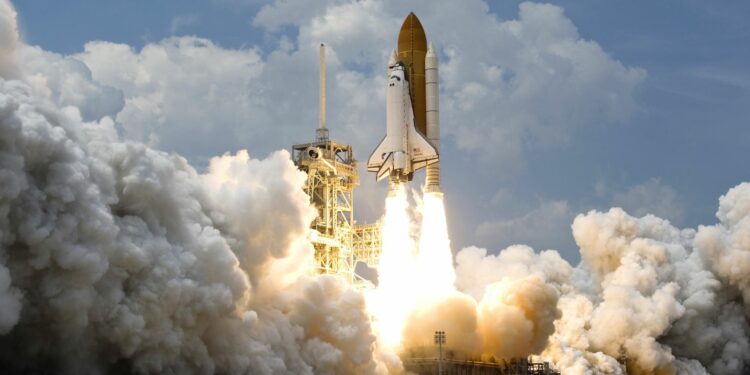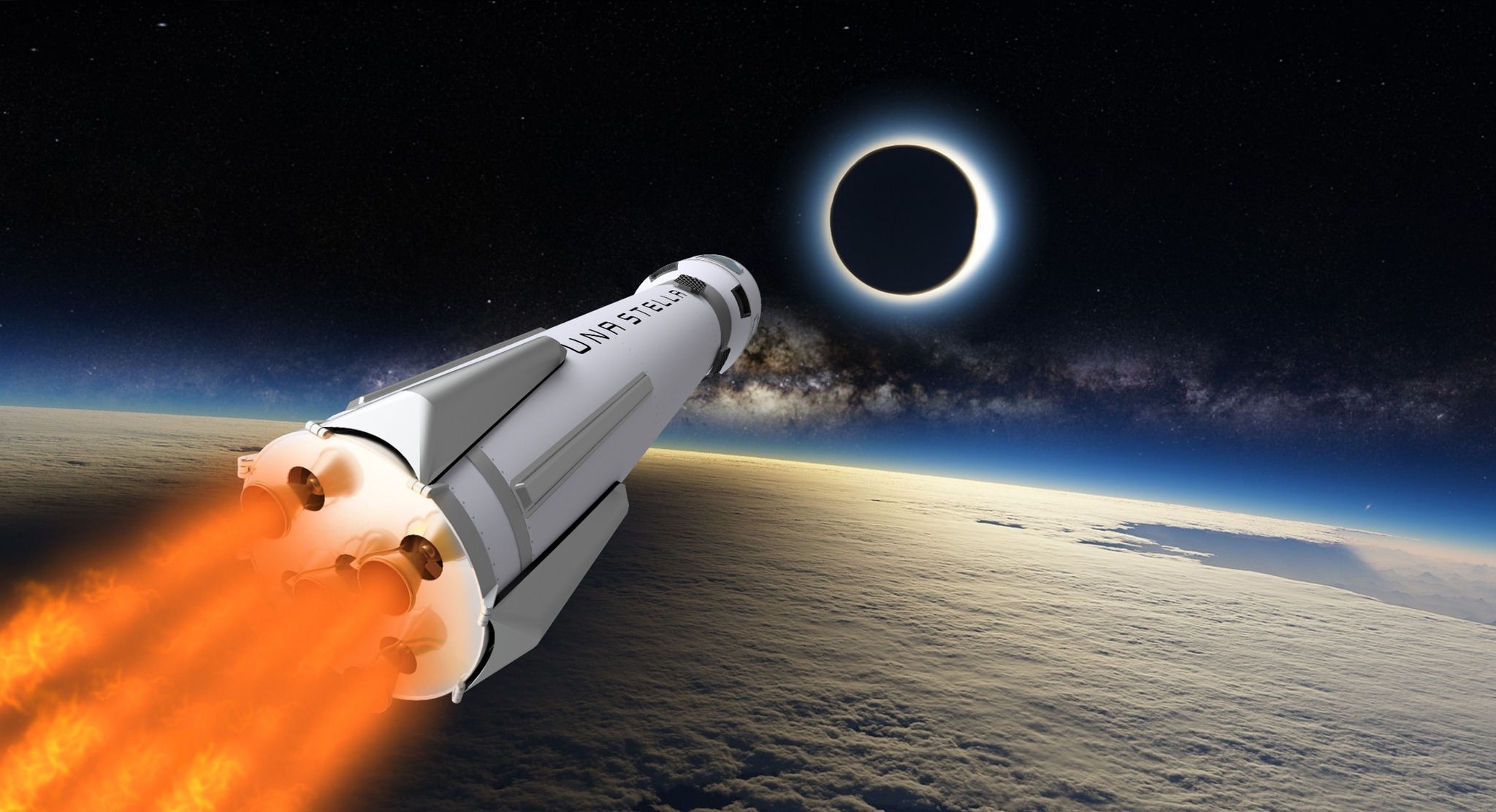The South Korean government supports the growth and development of the country’s space industry by creating a dedicated space fund with an initial investment of 50 billion won. It will significantly boost private space startups and help enhance the country’s technological capabilities in this field.
The success of recent space initiatives in Korea, such as the launch of the Nuriho rocket and the first lunar probe, has generated much interest and enthusiasm for space exploration among the public. This new investment support project is likely to fuel even more innovation and progress in the industry, which could have significant implications for the future of space exploration in South Korea and beyond.
It will be interesting to see which management companies are selected to operate the fund and how the investment process will work. This initiative can potentially create exciting new opportunities for startups, entrepreneurs, researchers, and other stakeholders in the space industry and position South Korea as a leader in this field.
South Korea President Yoon Seok-yeol promised full support for K-Space startups at the ‘Conversation with Space Economy Pioneers’ held at the Presidential Office on February 21st.
The Korean Ministry of Science and ICT plans to invest 5 billion won this year to create a fundraising fund. The goal of creating a total fund of more than 50 billion won by 2027 is ambitious and demonstrates the government’s commitment to promoting private investment in the space industry.
“The domestic space industry is just in its infancy, and most of the companies are still small, or there are many startups,” said Chosun Hak, director general of public research policy at the Ministry of Science and ICT, “It will serve as a rain shower for companies and become a representative priming water to open the era of the space economy.”
By setting a wide range of investment targets for launch vehicles, satellites, and all companies related to the space industry, the base of the space industry can be expanded, which will benefit various companies. Moreover, the decision to set the main purpose investment ratio at 60% shows the government’s commitment to fostering companies related to the space industry.
Considering the long-term nature of technology development in the space sector, it’s encouraging to see that the investment period has been set at 5 years, with a payback period of 5 years. This will give space startups the necessary time to develop their technologies and bring their products to market.
Furthermore, providing incentives such as additional management fees to management companies that achieve the investment target rate through prompt investment execution is a smart move. It will encourage management companies to invest quickly, which will help to accelerate the growth and development of the space industry in South Korea.
Also Read,
- Korea’s first private manned space launch vehicle company Unastella attracts pre-A series investment
- Leading Korean & US accelerators sign deal to support startups in aerospace technology
- Korean space startup Perigee to work with the Philippines Space Agency for rocket program
- Korean startup CONTEC’s ground stations support the successful launch of KSLV-II by the Korea Aerospace Research Institute






